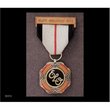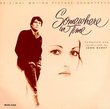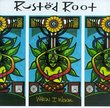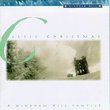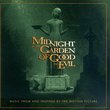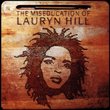| All Artists: Johannes Brahms, Beaux Arts Trio, Menahem Pressler Title: Brahms: Complete Piano Quartets Members Wishing: 1 Total Copies: 0 Label: Philips Release Date: 4/9/1996 Genre: Classical Style: Chamber Music Number of Discs: 2 SwapaCD Credits: 2 UPC: 028945401720 |
Search - Johannes Brahms, Beaux Arts Trio, Menahem Pressler :: Brahms: Complete Piano Quartets
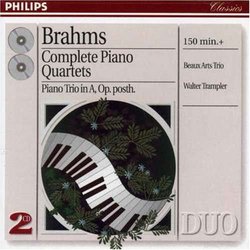 | Johannes Brahms, Beaux Arts Trio, Menahem Pressler Brahms: Complete Piano Quartets Genre: Classical
|
Larger Image |
CD DetailsSimilarly Requested CDs
|
CD ReviewsAn older recording, but still amazing G. Faville | Wisconsin | 06/22/2002 (5 out of 5 stars) "This collection of Brahms' piano quartets are a great listen all around. Every quartet has an enormous power and beauty to it.I like to say about Brahms' music that it is airtight. There is never a wasted note. Every bit of melody, every nuance and texture in the harmony are masterfully crafted and serve a purpose. There is never a moment when you look at your watch and wonder when the composer is going to get around to wrapping this or that section up and get to the exciting stuff.The Beaux Arts Trio along with Walter Trampler do a commendable job of bringing every moment of beauty and excitement out. They balance the sweetness of the slow movements and melodies well with the aggression and rhythmic complexities of the quicker movements. My current favorite quartet is the A Major. There is a singable melody or rhythmic puzzle in every movement. I listened to the final movement four times today (excessive I know, but it's just so much fun to try to figure out how Brahms manipulates those melodies within the time signatures)!" Great musicians G. Metcalf | United States | 10/08/2005 (4 out of 5 stars) "These are dense pieces and like a lot of Brahms could become overly heavy and plodding in the wrong hands. On this CD the Beaux Arts really bring out the romantic lyrical quality of this music unfailingly. The recording itself is just a hair distant but the detail is good. What fantastic piano one finds on these CDs! Strongly recommended." Stirring! D. Boothe | Indiana | 01/09/2000 (5 out of 5 stars) "I have only recently begun to love Brahms and these recordings make me question why it's taken so long! The music is incredibly rich and colorful, especially the C minor, Werther's Ballad, which you can just feel Brahms pain at losing his friend Robert Schumann! The Beaux Arts Trio is a sure winner! You will enjoy this!"
|

 Track Listings (8) - Disc #1
Track Listings (8) - Disc #1